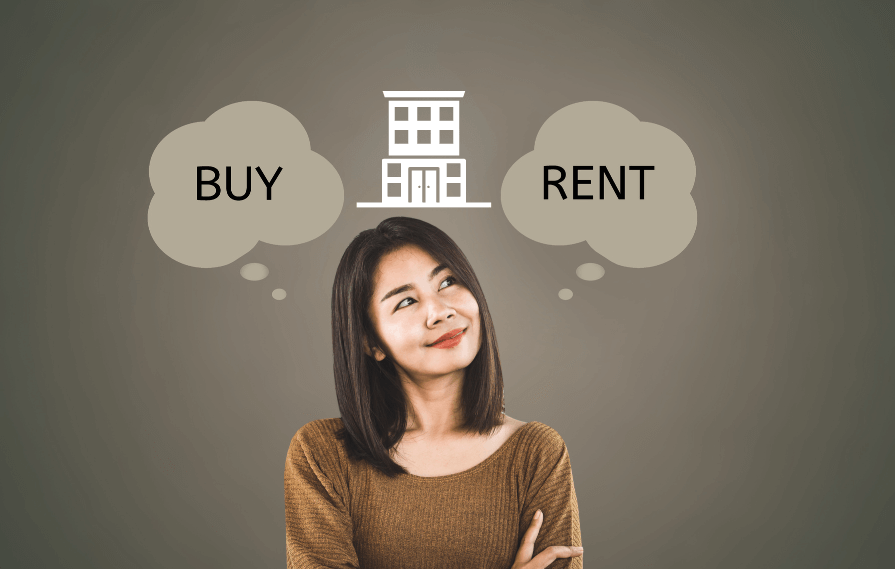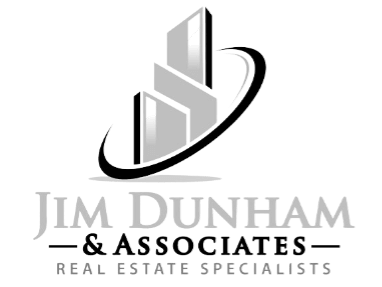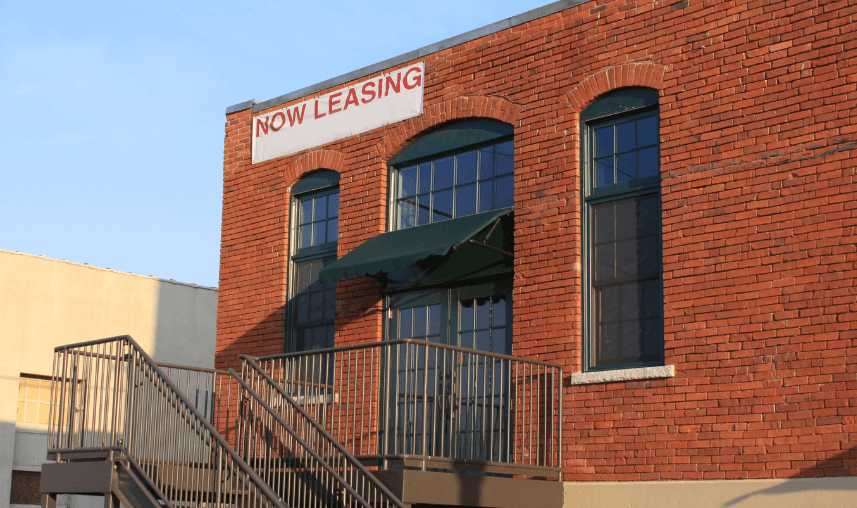If you’re looking to start or expand your business, you may be wondering if it’s better to buy or rent a commercial property. The decision ultimately comes down to what makes the most financial sense for your business.
In the previous section, we explored the advantages of purchasing commercial real estate and the potential wealth-building opportunities it can offer (Why Buying Commercial Real Estate Is a Better Investment Than Leasing). However, buying a commercial property is not the only path to consider when it comes to securing space for your busines. In this section, we’ll shift our focus to the benefits of leasing commercial real estate, providing you with an alternative perspective to help you make a decision that aligns with your goals and circumstances.

Pros of Renting a Commercial Property
There are a number of advantages to renting a commercial property, but the most commonly cited are:
- Flexibility and Adaptability.
Renting provides you with the flexibility to adjust your space as your business needs evolve. Lease terms are typically shorter compared to the long-term commitment of buying, allowing you to adapt to changes in your industry, market trends, or company growth. Whether you need to scale up or downsize, leasing allows you to easily relocate to a more suitable space without the complexities and costs associated with selling a property.
- Lower Upfront Costs.
Renting a commercial property generally requires a smaller upfront investment compared to purchasing. Instead of committing a significant amount of capital to a down payment, you’ll typically need to pay a security deposit and the first month’s rent. This allows you to conserve your financial resources, giving you more flexibility to invest in other areas of your business, such as marketing, inventory, or hiring talented employees.
- Maintenance and Repair.
When you rent a commercial property, the landlord or property management company typically assumes the responsibility for maintenance and repairs, unless stated on the lease agreement. This relieves you of the burden of dealing with unexpected costs and time-consuming tasks, allowing you to focus on your core business operations. You can enjoy the convenience of having professionals handle issues such as plumbing, electrical problems, or structural maintenance, minimizing disruptions and potential financial strain.
- Access to Prime Locations.
Renting a commercial property grants you access to desirable locations that might be financially out of reach if you were to purchase. Prime areas with high foot traffic, excellent visibility, and proximity to your target audience can significantly benefit your business.
Cons of Renting a Commercial Property
There are a few potential downsides to renting a commercial property that you should be aware of before going this path.
- Potentially Higher Costs in the Long Run.
While renting may have lower initial costs, over time, the cumulative amount paid in rent may exceed the cost of purchasing a property. If rental rates continue to rise, it could impact your profitability and long-term financial stability. Additionally, lease agreements may include additional costs such as common area maintenance charges, property taxes, or insurance premiums, which can add to your overall expenses.
- Limited Control and Customization.
When you rent, you have limited control over the property. You may face restrictions on making significant modifications or customizations to suit your specific business needs. Landlords often have rules and guidelines in place that govern how the space can be utilized. This lack of control can limit your ability to create a space that perfectly aligns with your brand or operational requirements.
- Lack of Equity and Potential Long-Term Cost.
Renting means that you won’t build equity in the property over time. Unlike owning, where property appreciation can lead to long-term financial gains, renting doesn’t provide you with a tangible asset that can appreciate in value. Additionally, rental rates can increase over time, potentially affecting your bottom line and making long-term budgeting more challenging. It’s important to carefully consider the financial implications of renting, particularly if you plan to operate your business in the same location for an extended period.
- Limited Flexibility.
Commercial leases tend to have limited flexibility when it comes to the length of the lease. If you need or want to change the terms of your lease during the term, you may be out of luck. So, make sure to think through all of the potential changes that could happen over the course of your business before committing to a long-term lease.

Deciding to buy or rent commercial property can be a difficult decision. It’s important to analyze the pros and cons of both options while also considering your long-term financial plan before making any commitment. Weighing costs, contracts, and other terms will help in the decision making process. Ultimately, whether you choose to buy or rent depends upon your current budget and future goals so take some time to consider what fits best with those plans before signing anything.
Here’s some related topics you would want to follow that will help you along the way:
- 5 Key Considerations When Buying Commercial Property For Your Business
- The Benefits of Investing in Commercial Real Estate
- Difference between Leasing and Owning Commercial Real Estate
- Navigating Common Provisions in Commercial Real Estate Purchases
- A Buyer’s Guide: What You Need To Understand Before Signing A Commercial Lease
- Difference Between A Lease vs. Buy Analysis



Comments (0)